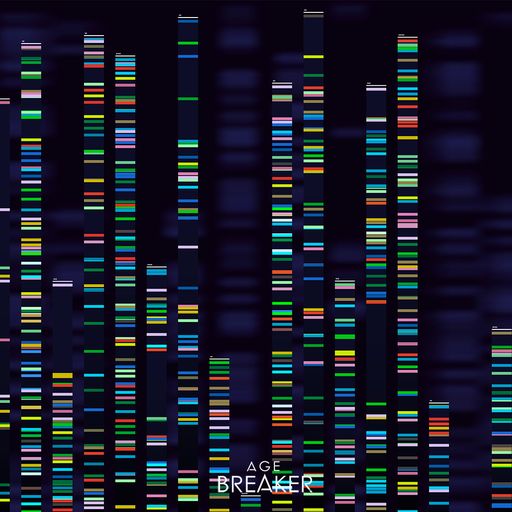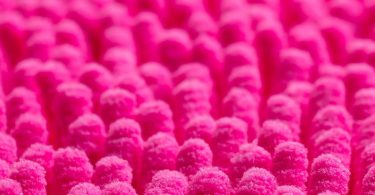DNA tests are capable of identifying genes associated with glycation, thus allowing preventive management of aging.
A formidable scientific advance, the complete sequencing of the human genome was first performed in 2004. The cost of the first sequencing was several tens of millions of dollars. Today, a few tens of dollars are enough to know one’s genetic heritage.
More than 100 million genetic tests have been carried out throughout the world, for the most part to determine family or ethnic origins, but more rarely to determine predispositions to certain diseases.
In some countries, such as France, these tests are forbidden without a medical prescription, because of the risk of data misappropriation.
The effects of the genetic component of aging and age-related diseases are complex and sometimes imprecise. The genetic component of aging is estimated to represent, according to the data, between 20% and 40% of the factors involved in aging. Nevertheless, their knowledge, linked to a probability of occurrence, is information of primary importance for anyone wishing to take charge of their aging.
To date, more than 10 genes linked to glycation predisposition have been identified and more and more studies associate them with risks of age-related diseases. For the AGER gene alone, dozens of studies are listed on bioinformatics sites specialized in genetics (1).
In the near future, knowledge of one’s genetic heritage and its analysis by a trained physician will be the key to preventive management of aging.
© AGE Breaker updated 06 2023
[Glycation is one of the major causes of aging. Resulting from the fixation of sugars on the proteins constituting the organism, glycation generates toxic compounds that cause cellular aging. Glycation is particularly involved in metabolic disorders, skin aging and cognitive decline.] [AGE BREAKER, patented nutritional supplements, based on rosmarinic acid, recognized by aging specialists around the world for their properties to reverse the effects of glycation.]More on www.agebreaker.com
#agebreaker #glycation #antiaging #longevitymedicine #preventivemedicine #preventivehealth #skinaging #4pmedicine #advancedglycationendproducts
(1): www.genecard.org , www.snpedia.com









